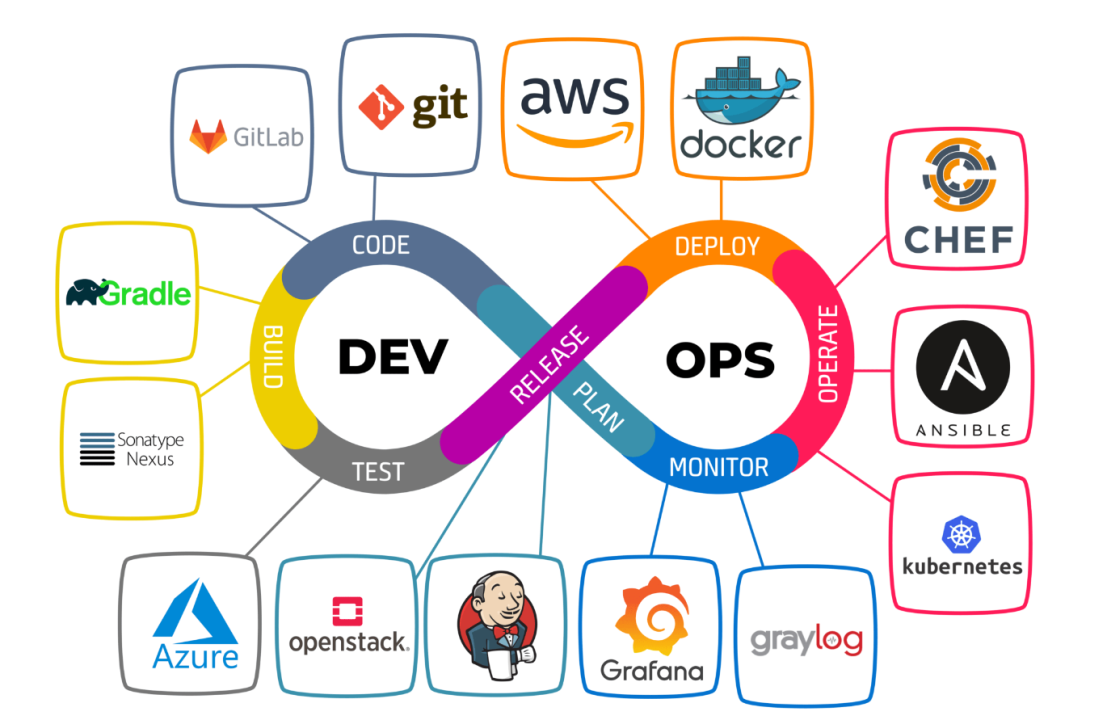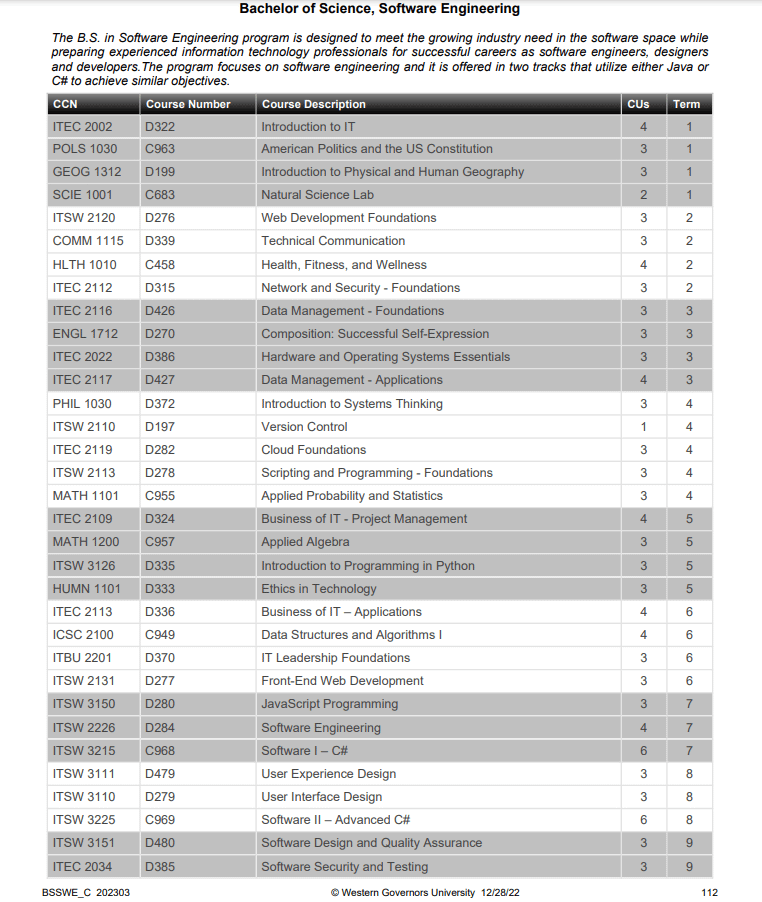The Importance of Quality Assurance in Software Development
Quality Assurance (QA) plays a crucial role in the software development process, ensuring that the final product meets the highest standards of quality and reliability. QA encompasses a set of processes and activities that aim to identify defects and issues early in the development lifecycle, preventing costly errors and ensuring customer satisfaction.
Key Aspects of QA in Software Development
Testing: Testing is a fundamental aspect of QA, involving the verification and validation of software to ensure it functions as intended. This includes unit testing, integration testing, system testing, and user acceptance testing.
Bug Tracking: QA teams are responsible for identifying and tracking bugs or defects in the software. By documenting and prioritizing these issues, developers can address them promptly to improve the overall quality of the product.
Process Improvement: QA professionals work to continuously improve development processes by implementing best practices, standards, and methodologies. This helps streamline workflows, reduce errors, and enhance efficiency.
The Benefits of Implementing QA
Enhanced Product Quality: By conducting thorough testing and quality checks throughout the development cycle, QA helps deliver a high-quality product that meets user expectations.
Cost Savings: Identifying and fixing defects early in the development process is more cost-effective than addressing them post-release. QA helps reduce rework and maintenance costs associated with poor-quality software.
Customer Satisfaction: A reliable and bug-free software product enhances customer satisfaction and loyalty. By ensuring a positive user experience, businesses can build trust with their customers.
In Conclusion
Quality Assurance is an essential component of successful software development projects. By investing in QA processes and practices, organizations can deliver high-quality products that meet user needs, drive business growth, and maintain a competitive edge in the market.
Understanding the Role and Impact of Quality Assurance in Software Development
- What is the role of QA in SDLC?
- What is the role of QA in software testing?
- What is the role of QA?
- Is QA a high paying job?
- What is a QA in software development?
- Is QA part of software development?
- What is the role of a QA?
- Is QA an IT job?
- What are the 4 types of quality assurance?
What is the role of QA in SDLC?
The role of Quality Assurance (QA) in Software Development Life Cycle (SDLC) is pivotal in ensuring the delivery of high-quality software products. QA professionals are involved in every stage of the SDLC, from requirements gathering to deployment and maintenance. Their responsibilities include defining quality standards, creating test plans, executing test cases, identifying and reporting defects, and ensuring that the final product meets customer expectations. By proactively engaging in testing and quality control activities throughout the SDLC, QA helps minimize risks, improve efficiency, and enhance overall product quality.
What is the role of QA in software testing?
The role of Quality Assurance (QA) in software testing is to ensure that the software meets specified quality standards and requirements. QA professionals are responsible for designing and executing test plans, identifying defects or issues, and verifying that the software functions as intended. By conducting rigorous testing processes, QA teams help improve the overall quality of the software, enhance user experience, and prevent potential errors or bugs from reaching end-users. Additionally, QA plays a crucial role in ensuring that the software meets regulatory compliance and industry standards, contributing to the success of software development projects.
What is the role of QA?
The role of Quality Assurance (QA) in software development is to ensure that the final product meets the highest standards of quality and reliability. QA professionals are responsible for implementing processes and activities that focus on identifying defects, verifying functionality, and validating software to meet user requirements. By conducting thorough testing, tracking bugs, and continuously improving development processes, QA plays a critical role in enhancing product quality, reducing costs, and ultimately ensuring customer satisfaction.
Is QA a high paying job?
The question of whether QA is a high-paying job in software development is a common one among individuals considering a career in quality assurance. While salaries for QA professionals can vary depending on factors such as experience, skills, location, and industry, QA roles are generally known to offer competitive compensation. As the demand for quality assurance continues to grow with the increasing complexity of software systems and the emphasis on delivering flawless products, skilled QA professionals often command attractive salaries and benefits. Additionally, certifications and specialized expertise in areas such as automation testing or performance testing can further enhance earning potential in the field of QA.
What is a QA in software development?
In software development, QA, which stands for Quality Assurance, refers to the systematic process of ensuring that software products meet specified requirements and standards before they are released to customers. QA professionals are responsible for testing software applications to identify defects, bugs, and inconsistencies that could impact the functionality or user experience. By conducting rigorous testing and quality checks, QA teams help improve the overall quality of the software, enhance user satisfaction, and minimize the risk of post-release issues. Ultimately, QA in software development plays a critical role in delivering reliable and high-quality products that meet customer expectations.
Is QA part of software development?
In software development, Quality Assurance (QA) is an integral part of the process. QA involves a series of activities and processes aimed at ensuring that the final software product meets specified requirements and standards. It is not a separate entity but rather an essential component that runs parallel to the development phase. QA activities, such as testing, bug tracking, and process improvement, are crucial for identifying and resolving issues early on, ultimately contributing to the overall quality and success of the software project.
What is the role of a QA?
The role of a Quality Assurance (QA) professional in software development is crucial for ensuring the quality and reliability of the final product. QA professionals are responsible for designing and executing test plans, identifying defects, and ensuring that the software meets specified requirements and standards. They work closely with developers to track and resolve issues, conduct thorough testing at various stages of the development process, and provide valuable feedback to improve the overall quality of the software. By serving as gatekeepers of quality, QA professionals play a vital role in delivering high-quality software products that meet user expectations and business objectives.
Is QA an IT job?
In the realm of software development, Quality Assurance (QA) is often perceived as an integral part of Information Technology (IT) jobs. While QA professionals work closely with IT teams to ensure the quality and functionality of software products, QA itself is a specialized discipline that focuses on testing, identifying defects, and improving processes to deliver high-quality software solutions. Therefore, while QA is closely related to IT roles and projects, it can be considered a distinct profession within the broader field of technology.
What are the 4 types of quality assurance?
In software development, there are four main types of quality assurance that play a crucial role in ensuring the overall quality of a product. These include process-based quality assurance, product-based quality assurance, change control quality assurance, and testing-based quality assurance. Process-based QA focuses on implementing and improving development processes to enhance efficiency and reduce errors. Product-based QA involves evaluating the final product to ensure it meets specified requirements and standards. Change control QA manages modifications to the software to maintain consistency and reliability. Testing-based QA involves various testing techniques to identify defects and ensure the functionality and performance of the software meet expectations. Each type of quality assurance contributes to delivering a high-quality software product that satisfies user needs and expectations.



